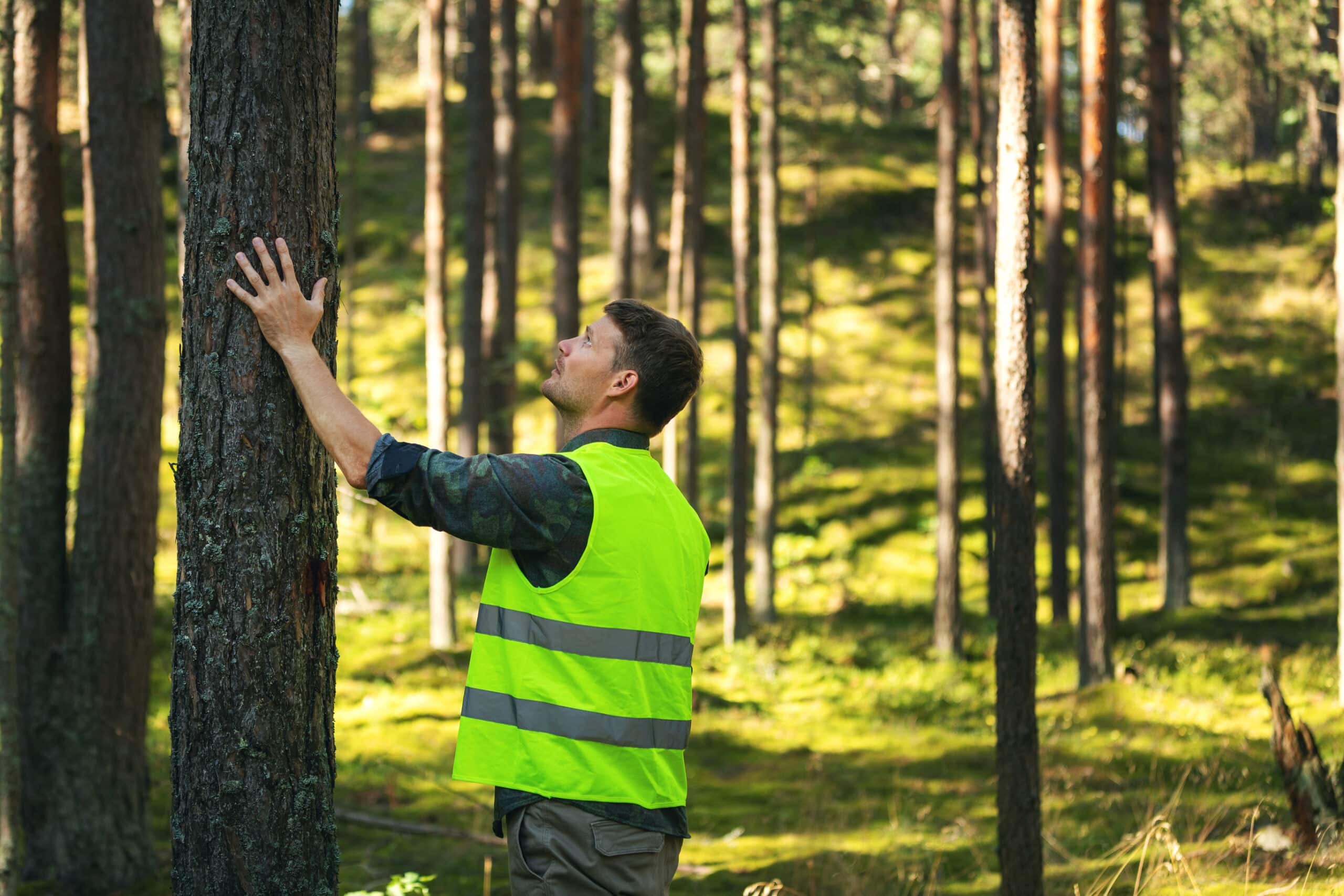
How suppliers address sustainability often depends on the product categories that drive their core businesses and environmental concerns raised by consumers and the government. Sustainability may be a higher priority for some manufacturers than others. Companies that sell outdoor living products, gardening supplies, and power equipment are highly motivated to offer consumers eco-friendly merchandise.
People who spend time relaxing outdoors or investing in gardening want to reduce the environmental impact of their activities. These consumers tend to be vocal about their products and are highly engaged in the buying decision. In addition to reviewing products, they often consider the manufacturing process, packaging, and power source. The growing availability of green products can be attributed to the significant purchasing power of these shoppers. Additionally, suppliers must now satisfy an increasing list of government regulations and actions.
Outdoor Living Furniture
Recycling and simplicity are at the root of creating sustainable outdoor living furniture. The materials should be eco-friendly, environmentally safe, and ideally better for the planet. This type of furniture is typically made from recycled materials, bamboo, or sustainably harvested wood such as teak. Bamboo is considered to be a renewable resource since it grows quickly. Additionally, hazardous chemicals and VOC paints are things to be avoided. The manufacturing process may incorporate renewable energy such as wind or solar, and the furniture may be transported to retailers by fuel-efficient vehicles.
Lawn & Garden and Bagged Goods
More homeowners opt to grow chemical-free lawns and gardens that don’t release harmful substances into the soil and groundwater systems. Instead of using synthetic ingredients, manufacturers develop organic fertilizers with natural ingredients which add phosphorus, macronutrients, and potassium to enrich the soil. Ingredients commonly used are cottonseed, alfalfa, cow and poultry manure, earthworm castings, corn gluten meal, and kelp. Other benefits of organic lawns include:
- Less exposure to chemicals that can harm humans and pets
- Won’t burn lawns when too much is applied
- Improves the soil and revitalizes the lawn’s ecosystem
- Better tasting fruits and vegetables
Weed Management: Organic weed control discourages using chemical weedicides. The preferred methods for controlling weeds naturally are mowing, cutting, and mulching. Biological Pest Control: Since all types of organic gardening disallow chemicals, suppliers often use living organisms as natural pest control. Other options are green manure and composting which consist of animal and plant-based products high in nutrients that enrich the soil with microbes.
Power Tools and Green Lawn Care
People spend more time at home, and DIYers have become adept at using lawn and garden equipment. The move to reduce individual carbon footprints and fossil-fuel emissions have persuaded a segment of consumers to purchase electric power equipment rather than gasoline-powered models with engines. Other examples are the growth in sales of robotic and solar-powered garden equipment that make maintenance convenient and save energy. As suppliers develop high-power products that perform longer, landscapers see the advantages of switching to battery-powered models. The consumer demand for green lawn care and their desire to be eco-friendly is a differentiator determining which contractors homeowners hire to perform services.
Governments also play a role in what type of products manufacturers bring to market. In 2021, California banned gas-operated power tools and lawn and garden equipment. The ban, which became effective in 2022, is the state’s effort to boost the electrification movement and cut fuel consumption.
Sustainable Lumber
Sustainability and green buildings are hot topics in the housing industry. The demand for sustainable lumber will grow among DIYers, rehabbers, and local contractors. Many lumber companies follow specific guidelines and are certified by the Sustainable Forestry Initiatives. Other organizations go above and beyond what is required for certification.
- Replant forests that have been harvested
- Protect endangered animals and plants
- Use innovative techniques that prevent disturbing the soil
- Protects clean water and wildlife habitats
Engineered woods and fiberboards are byproducts of sustainable lumber. In the past, shreds and wood particles were wasted. Today lumber suppliers can ensure that no part of the tree goes to waste and is put to good use by the home improvement industry and builders.
Technology Drives Innovation
Manufacturers are raising the bar by developing sustainable products that exceed consumer expectations for performance. The concept of sustainability is growing and touches most home improvement categories from housewares to paint to lawn and garden. Retailers should know that stocking eco-friendly isn’t simply a trend. Sustainability is an environmental movement that is here to stay.




